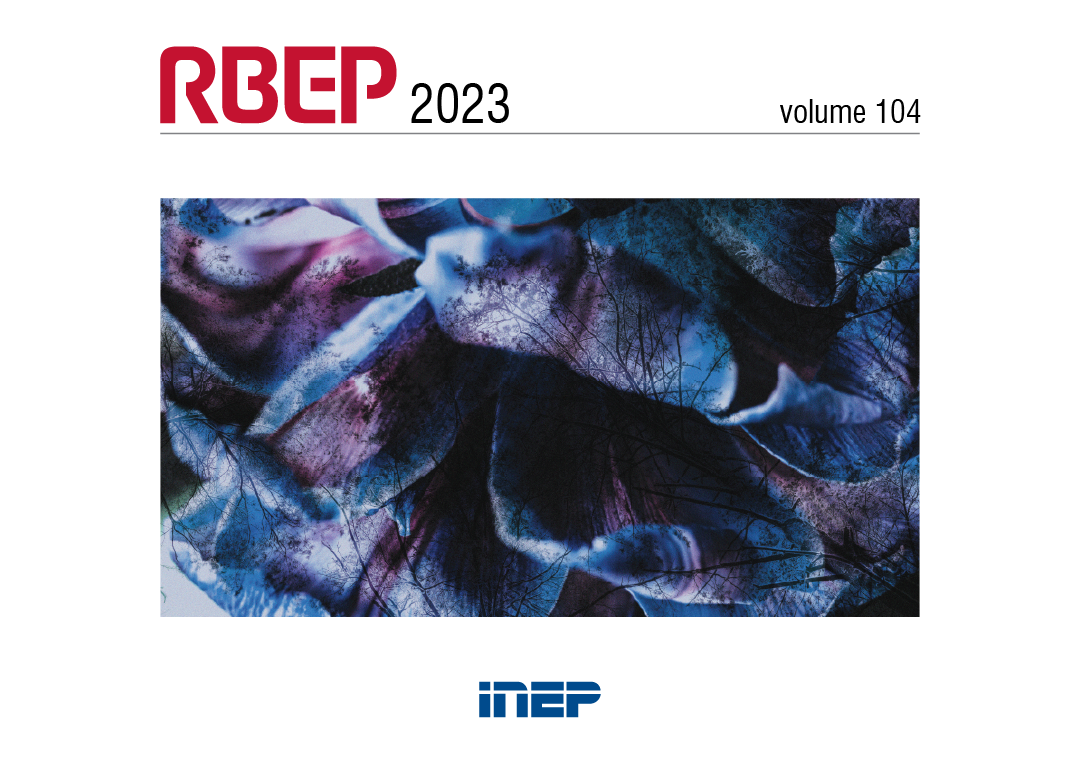The socioeconomic status and the performance of undergraduates in biology, physics, mathematics, and chemistry in the contents of history and philosophy of science in Enade 2017
Abstract
This study is the result of a PhD research which the objective was to identify, based on the analysis of licentiate exams in biology, physics, chemistry, and mathematics, the social variables that account for student performance in items with content on the history and philosophy of science (HPS). We assume, as a premise, that the items proposed in the Enade tests could be relevant indicators of the contents deemed important by MEC/Inep for the training of teachers in courses such as biology, physics, chemistry, and mathematics, in accordance with some of the objectives specified by Inep (2018a.; 2018b; 2018c; 2018d). The methodology used documentary research and statistical analysis of the 2017 data found in Inep’s Microdata Library. Considering that our tests have shown that students’ performance on the items is associated with multivariate relationships among the selected variables (demographic variables, socioeconomic factors, administrative category of higher education institutions, and access mechanisms to higher education), we used a Two Steps Clusters multivariate technique to create a new variable based on family income and the educational background of the students’ parents. We observed that socioeconomic condition and students’ family background are associated with their performance on the selected items: the higher the socioeconomic level, the better the student’s performance; by contrast, fewer correct answers were linked to lower socioeconomic conditions.
Downloads
Copyright (c) 2023 Brazilian Journal of Pedagogical Studies

This work is licensed under a Creative Commons Attribution 4.0 International License.
Once their work is accepted for publication, author’s copyrights are automatically relinquished to the National Institute for Educational Studies and Research Anísio Teixeira (Inep).
Since 2016, the journal Revista Brasileira de Estudos Pedagógicos (RBEP) uses the licence CC-BY.
Partial or total reproduction of the content of this Journal is permitted provided that the original publication is properly referenced, as well as a link to license CC BY 4.0 and to indicate any possible alterations made to the article.




















